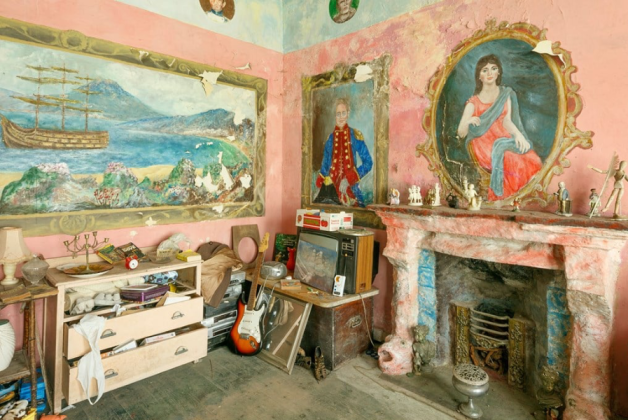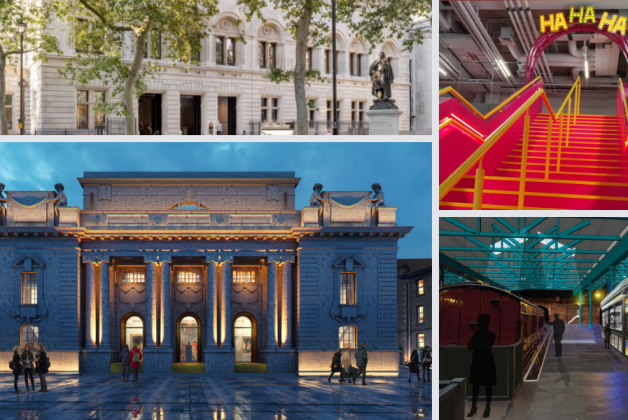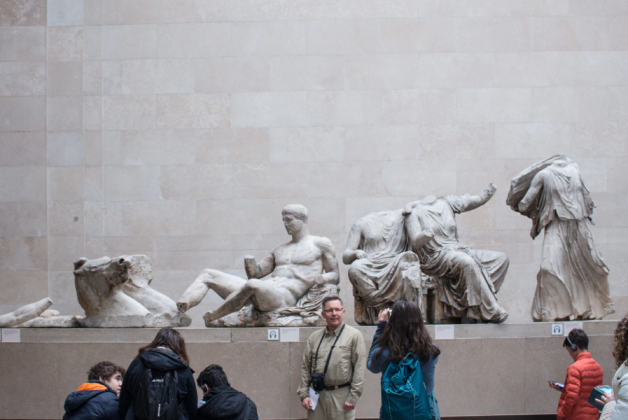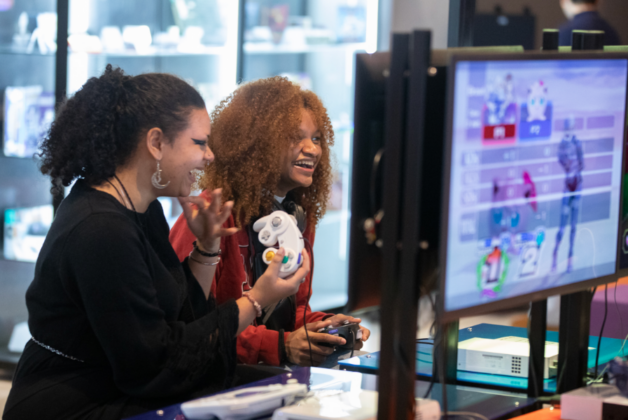As a wheelchair user myself, and as someone with a background in the visual arts and a keen interest in history and architecture, I have often found accessing heritage sites a challenge. Therefore as Programme Director for Accentuate – the 2012 Legacy programme which commissions and produces projects which challenge perceptions of disability within society – I have been really pleased that over the last four years, we have worked in partnership with English Heritage and the Heritage Open Day programme to explore ways of making heritage events and sites more accessible to Deaf and disabled visitors.
Heritage Open Days is a volunteer run initiative and for four days, every September, Heritage Open Days fling open the doors of buildings from every age, style and function the country possesses and offers free access to places that are usually closed to the public, or normally charge for admission. A wide range of tours, events and activities are organised by 40,000 volunteers to bring local history and culture to life for over 1 million visitors.
Accentuate started its work through a project entitled Creative Landscapes. We worked closely with communities in Hastings and Gosport to develop more accessible and sustainable Heritage Open Day programmes in these two locations.
The involvement of the Creative Landscapes project in Gosport resulted in a significant increase in visitor numbers to Gosport Heritage Open Days from 970 in 2009 to 7323 in 2012. 12% of our survey of visitors to Gosport Heritage Open Days in 2012 declared they had a disability as defined under The Equality Act 2010. This is a considerable number of disabled visitors, and far more than otherwise would have been expected. It just goes to show there was a real appetite and need for this targeted engagement.
So why did our approach work? We put Deaf and disabled people at the heart of the process. They have either been part of steering committees, planning the delivery of Heritage Open Day Events or have led local community engagement workshops. It is this involvement which ensures heritage event organisers gain a greater understanding of what barriers may exist, as well as advice on finding innovative ways to address these. To encourage greater audience development, it has also been critical to engage Deaf and disabled communities – and frankly what better way is there of engaging these communities than using the networks and contacts of other deaf and disabled people? For example, there had been little interest shown in BSL interpreted talks, until a deaf person was asked for their advice as to how to engage this audience – this then resulted in 20 deaf people attending a subsequent talk.
Accentuate has also explored creative approaches to opening up access to wider audiences. This has included commissioning an artist to produce a drawing tent in the centre of the old fishing area in Hastings called “The Stade”. This activity was a great way of getting local people to explore the unique heritage of this town. Accentuate also worked in partnership with the Stade Education Programme in Hastings, which resulted in a subsequent exhibition in the Stade Hall visited by over 700 people in 4 days.
This not only opens up access to Deaf and disabled visitors, but this sort of activity is often a successful way of engaging families. Some of the feedback we have received is that if you attempt to improve access for disabled visitors it often improves the whole experience for all visitors.
A key requirement has also been low cost solutions. Many of the organisations we have worked with through the Heritage Open Day programme have been volunteer run, with only very small budgets – but if you think creatively it is amazing what can be achieved.
Accentuate has now taken much of the learning of the last four years and developed a training package for heritage event organisers. Accentuate and the National Heritage Open Day programme came together to create a nationwide initiative aiming to change things for the better. We had a huge amount of interest from venues wanting to host the forums, which focussed on ways to improve access and we were also over-subscribed for two of the events. These forums took place at Leeds Art Gallery (14 March), Tyneside Cinema, Newcastle-Upon-Tyne (15 March) and Kensington Palace, London (19 March).
Accentuate will continue to create national initiatives that can up-skill heritage organisations to help improve access to the broadest audiences. We are also currently working in partnership with English Heritage to develop a new England wide, disability heritage project exploring the history of Deaf and disabled people in relation to building design through the ages. This project will be entitled Accentuate History of Place and will particularly reference some of the historic sites featured in the English Heritage Disability In Time and Place website resource. We realised that although we had done much to open up access for visitors to historic sites, we had missed the opportunity of promoting the unique and often hidden heritage of Deaf and disabled people. Exploring the impact disabled people have had on building design, as well as the stories of those significant disabled people throughout history represents an exciting opportunity to raise the profile of this heritage alongside engaging audiences with these important sites.
Accentuate has received further funding from Legacy Trust UK, which is enabling us to start to explore how we can best develop our work within the heritage sector as well as design new projects. Accentuate is well placed to grow our reach as we sit within the Cultural Development Agency, Screen South. This ensures we have excellent organisational back up as well as strategic advice contributing to the broader aims of Screen South. Accentuate is always keen to hear from people interested in our work and you can find out more about our other activity from our website www.accentuateuk.org or follow us on Twitter @AccentuateSE




